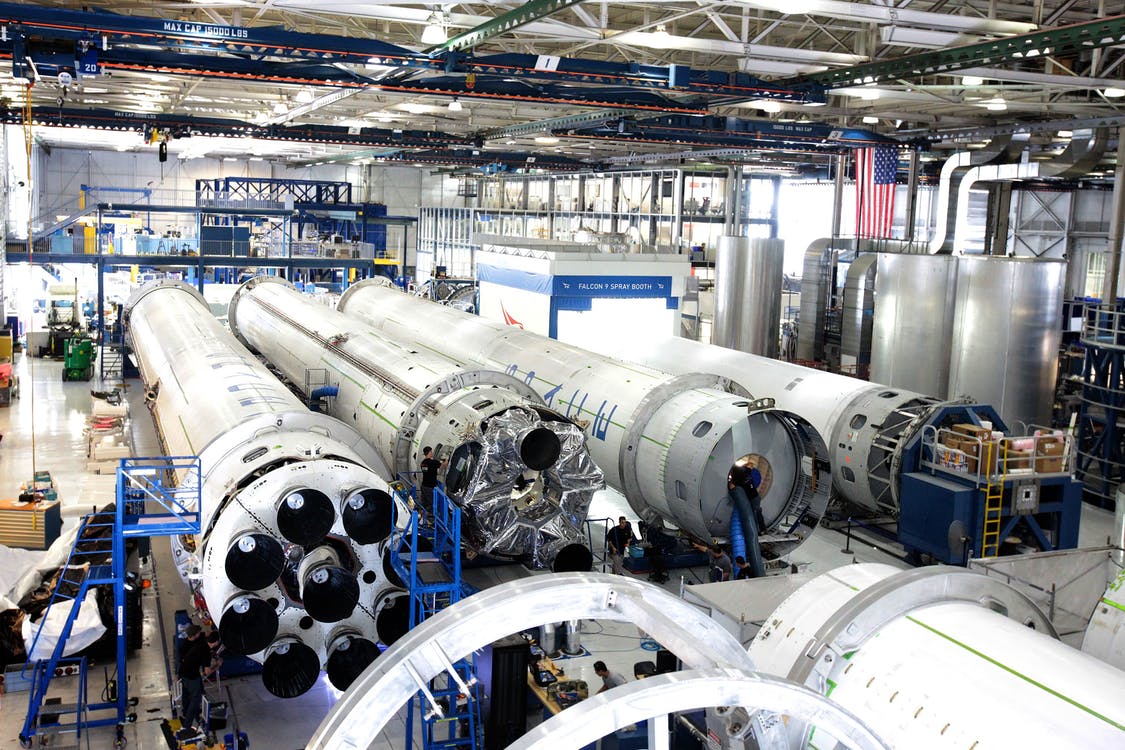Want to make a career in the field of engineering? Here are your options
An engineering degree is one of the most popular choices for students globally. It’s a career path that offers immense stability and opportunities for personal and professional growth. However, although it’s a preferred option for many, some students also see it as a traditional option, with few options for growth and creativity. Engineering as a field, however, is constantly expanding. As our need for an infrastructure of all kinds grows, so do the branches of engineering. Each subcategory is vastly different from the next, and each is vital to make way for revolutionary technological advancements. Engineers thus play a crucial role in all walks of life, be it healthcare, infrastructure, IT, or more. If you want to pursue an engineering degree and aren’t sure which path to pick, we’ve got you covered. Below, we’ve listed some of the best choices in engineering for a secure future.
Civil engineering
Civil engineering is one of the most important branches of engineering. It is responsible for planning, creating, and maintaining the infrastructure that makes our lives so much easier. They design safe infrastructure that can last for decades to come without needing any significant changes or maintenance. The buildings, roads, dams, airports, harbors, and power plants they build need to withstand extreme weather conditions and natural disasters.
Civil engineers also play a vital role in controlling our impact on the environment and ensuring that human expansion doesn’t negatively impact the ecosystem. They help develop innovative developmental plans, such as vertical expansion, which accommodate human and environmental needs. You can pursue a civil engineering degree online and work alongside some of the most trusted names in the field. An online masters in civil engineering gives you the essential research, planning, and developmental skills you need to develop infrastructure for the modern world. From creating some of the world’s most stunning monuments, such as the Eiffel Tower, to ensuring that communities have access to clean water, civil engineers do it all.
Academia
A career in academia can be incredibly enriching and rewarding, and it’s something you’ll enjoy immensely if you find the theoretical aspect interesting. A teaching job allows you to connect with the brightest young minds in the field and let them benefit from your wisdom and experience. As a teacher, you can help shape some of the most innovative new ideas in engineering, which can help shape a better future. Furthermore, you get to ignite the spark of learning in your students and encourage even those floundering to succeed.
What makes a job in academia so rewarding is also that it offers long-term job security. Tenure positions may be hard to attain, but you’ll have a stable career for a long time once you do. You get the opportunity to make a name for yourself amongst the top echelons of the engineering world. Of course, you need at least a Ph.D. to begin a career in academia and a lot of experience.
Mechanical engineering
Suppose you want an engineering job that allows you to exercise your creativity. In that case, you can’t do better than a career in mechanical engineering. Mechanical engineers have an essential job, though, and they are responsible for manufacturing products and machines. All of the appliances we use have involved mechanical engineering somehow. Generators, cars, air conditioners, elevators, and bionic limbs couldn’t have been made without mechanical engineers.
Mechanical engineering is a vast field, and mechanical engineers develop, plan, test, and research various tools, machines and engines. It is their job to develop innovative new prototypes and execute them to perfection. Mechanical engineers often oversee large teams involved in development to ensure that the final product stays true to the vision. As a mechanical engineer, you can expect to have a lucrative salary, with the average being $90,160 per year.
Bionics
Although all engineering categories involve a high degree of innovation and creativity, bionics is a burgeoning field that combines biology and engineering. Bionics is a broad field that extends to healthcare, electronics, and computer science, to name a few. It involves closely studying natural processes and mechanisms and imitating functions found in natural life.
Bionics may seem like a new field, but the foundations date as far back as Leonardo da Vinci’s era. It is known that he studied birds to develop plans for flying machines. Bionic prosthetics are trendy inventions and may consist of the bionic eye. A degree in biomedical engineering can prepare you for a prolific career in one of the fastest-growing and most innovative fields in engineering.
Conclusion
The options in engineering can seem endless, but these are easily some of the best career paths to take. All of these paths are vastly different but allow you to hone your problem-solving skills, communication skills, and leadership qualities. Through consistent effort and innovation, you can make a name for yourself in this renowned field and get the opportunity to grow personally and professionally. Furthermore, no matter which path you pick, you get the chance to have a profound, positive impact on your community.

